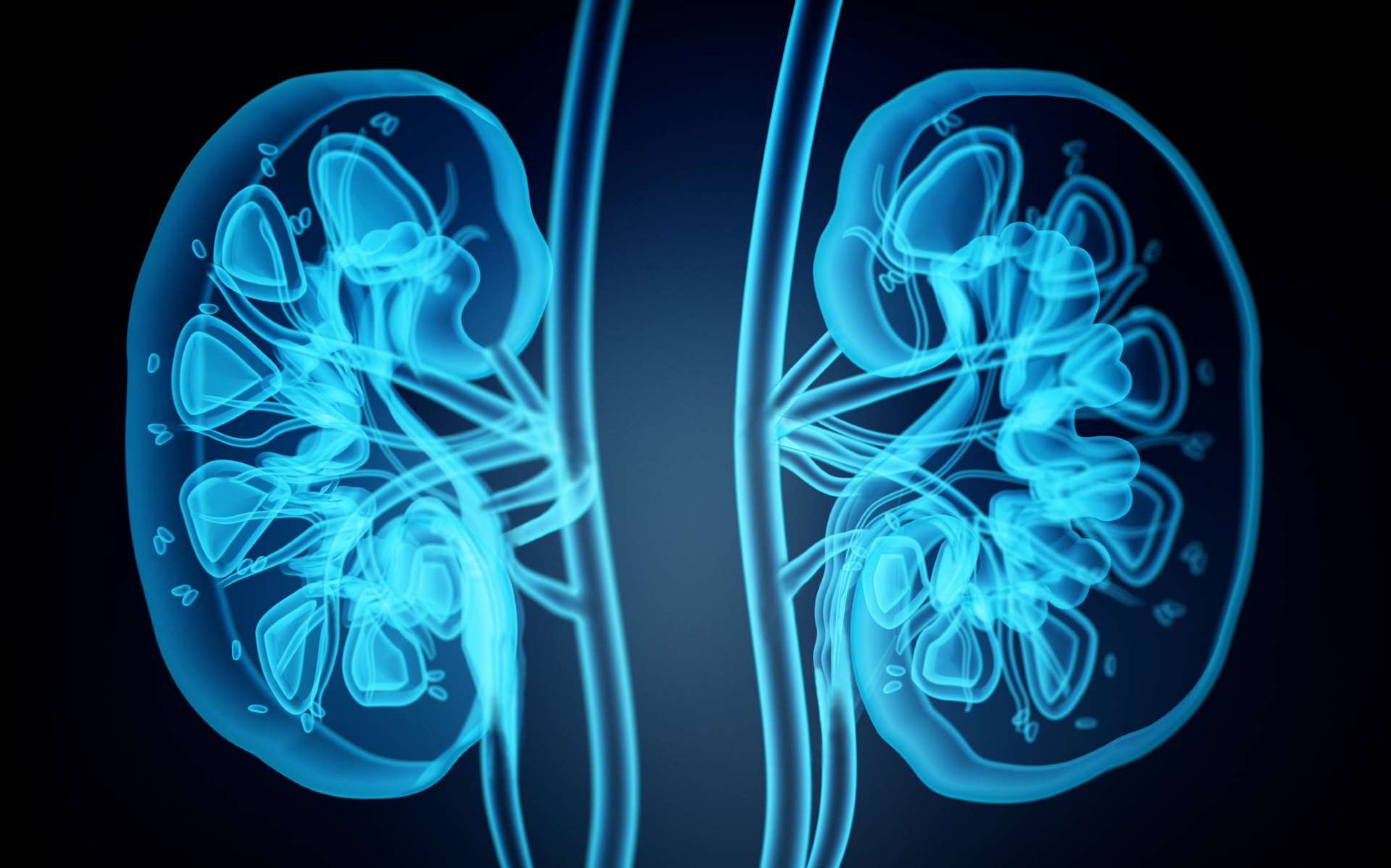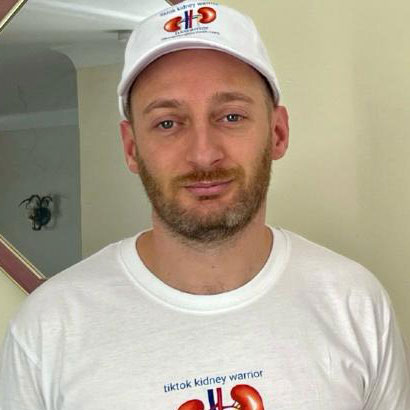About

Chronic kidney disease (CKD) is a long-term condition where the kidneys work less well than they should. Up to 10% have a mild version of the disease, more in middle-aged and older people. In other words, it is very common.
This website is for patients with CKD (or are concerned about preventing it) – and their families. It will also be useful to health professionals (including students), and anyone with an interest in CKD.
When the kidneys are damaged in CKD, they cannot filter blood as well as they should. Because of this, excess fluid and waste from blood remain in the body. This may cause other health problems, such as heart disease and high blood pressure.
Fortunately only 1 in 100 patients end up requiring dialysis or a transplant. And a lot can be done to treat the symptoms of CKD and slow down its progression; and in some, prevent dialysis and transplantation.
This website was launched on 7th September 2023.
There are over 1000 core articles, a twice weekly blog (that focuses on recent research papers relevant to patients with CKD), and a weekly patient story.
There is also information on how the UK’s NHS works, different NHS roles and how to get the best care from your GP and hospital doctors.
We also hope to inspire you to learn more about our great subject, nephrology and renal transplantation – and how the NHS works (or why it does not and what you can do about it).
It is an international project, with information written by a medical team who are renal health professionals in the UK, USA, and Mauritius; and CKD patients from the UK and USA.
“What’s brave, what’s noble, let’s do it”
Cleopatra, in Shakespeare’s Antony and Cleopatra. Act IV, Scene 15
“Yes we can”
Barack Obama

Dr Waqar Ayub
Senior Editor Consultant Nephrologist UHCW, Coventry
Waqar is interested in haemodialysis, diabetes and renal disease, cardiorenal syndrome, proteinuric renal diseases, polycystic kidney disease (and Tolvaptan); and clinical trials in nephrology and transplantation.

Dr Andy Stein
Senior Editor Consultant Nephrologist UHCW, Coventry
Andy is interested in predialysis care, diabetes and renal disease, and patient and undergraduate education. His renal training has been in Cardiff, Leicester, Adelaide (Australia), London and Coventry.

Emilia Taylor
Medical Editor, University of Warwick Medical School
Emilia is a second year medical student at the University of Warwick with a previous BA in History and Spanish. She has a keen interest in making medicine more accessible and enjoys writing in her spare time.

Davy Ip
Senior Editor and International Lead, Head for Nephrology & Transplant, Mauritius Public Hospitals
Davy is interested in the global aspects of chronic kidney disease, diabetes, glomerulonephritis, cardiorenal syndrome, peritoneal dialysis and the use of social media in medicine.
Having trained and worked in Edinburgh, Sheffield and the West Midlands, he moved back to Mauritius and the challenges of healthcare in a developing country. He is presently leading the efforts to establish a modern and comprehensive transplant programme in Mauritius.

Darren Daniel
Tiktok Kidney Warrior
Darren is a kidney patient, diagnosed 7 years ago with FSGS. Since diagnosis he created Tiktok Kidney Warrior, a social media brand with more than 130,000 followers and 100 million views across his accounts.
Darren represents 2 kidney charities and has appeared in the media several times raising awareness of ckd and chronic illness. His aim is to bring kidney disease awareness and potentially as much prevention as possible to the general public.

